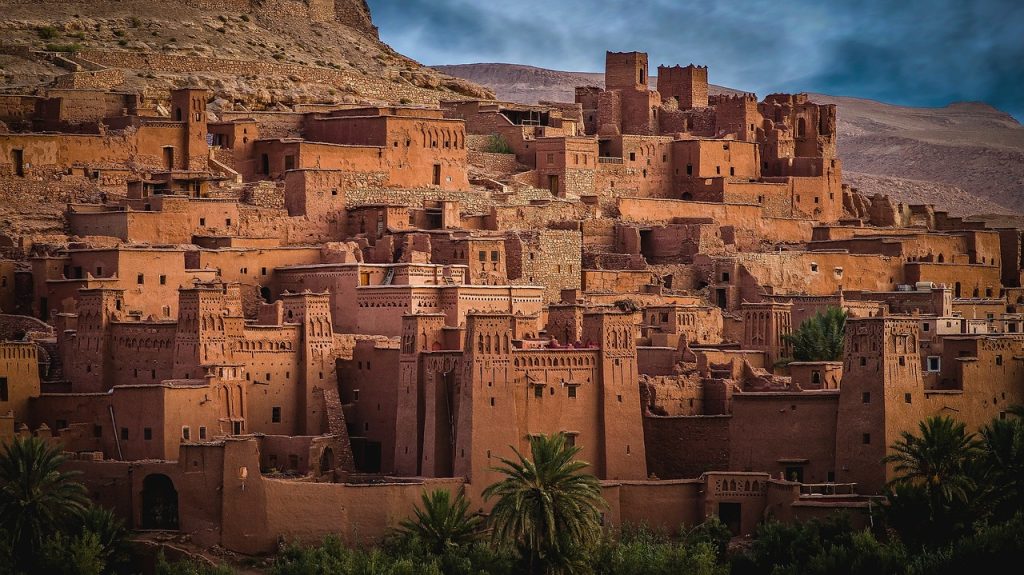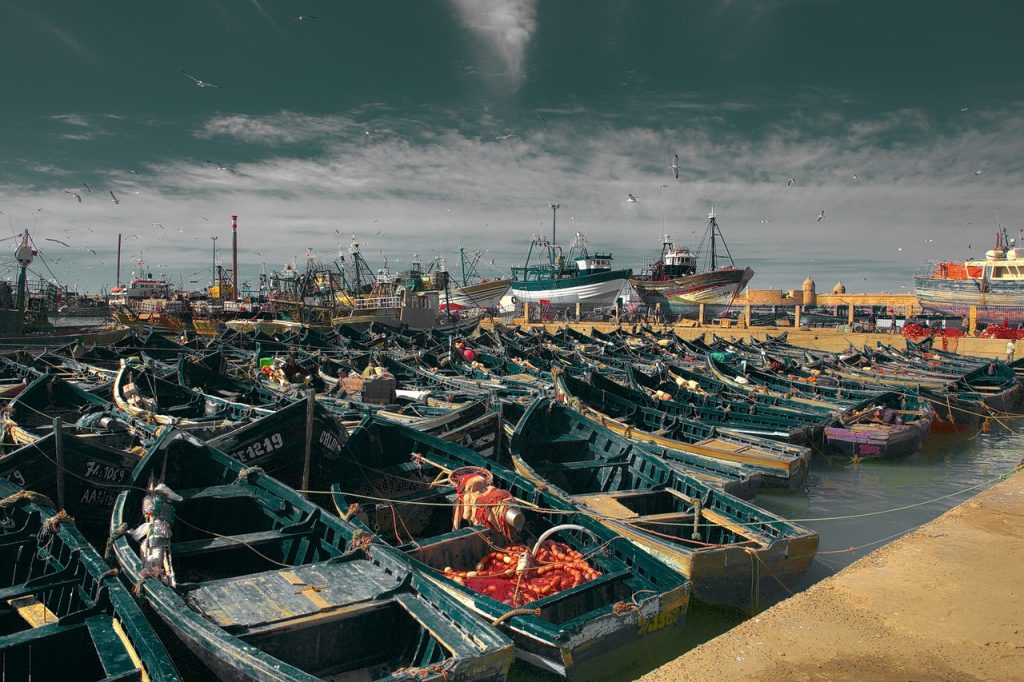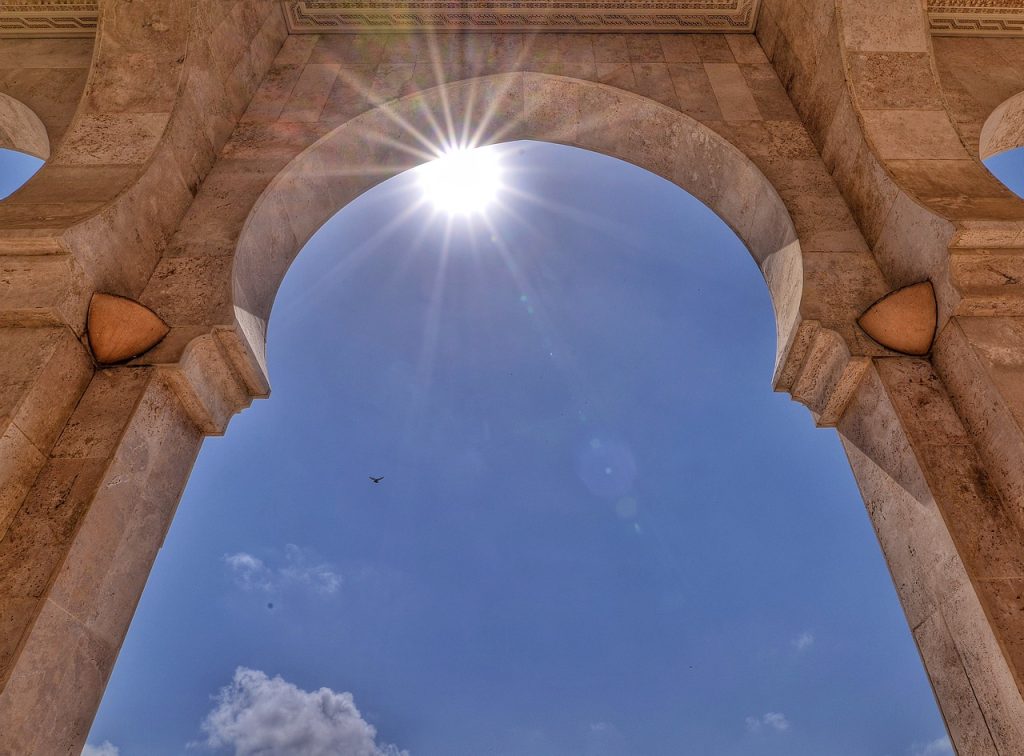INTRODUCTION
Is morocco in the middle east ? This article will explore the nuances of Morocco’s geographical position and examine whether it can be considered part of the Middle East.
MIDDLE EAST DEFINITION – Is morocco in the middle east
To understand Morocco’s geographical identity, it is important to clarify the boundaries of the Middle East. Geographically, the Middle East encompasses parts of Western Asia and North Africa, but misconceptions persist, blurring the lines between them.
Before delving into Morocco’s location, it’s crucial to establish what constitutes the Middle East. Traditionally, countries in Southwest Asia and parts of North Africa have been labeled as the Middle East, but does Morocco fit this categorization? The term is fluid, encompassing a diverse range of cultures, histories, and geopolitical dynamics. Morocco’s exploration in this context requires consideration of its unique identity within the broader regional framework.
GEOGRAPHICAL POSITION OF MOROCCO
It is important to note that Morocco is located on the African continent despite popular misconceptions “Morocco in the middle east”. In addition to being situated in the northwest corner of Africa, it shares borders with the Atlantic Ocean and the Mediterranean Sea, making it a gateway to Africa and close to Europe as well.
Situated in North Africa, Morocco is geographically separated from the Middle East by the vast Sahara Desert. Understanding this geographical reality is fundamental to appreciating Morocco’s distinct identity. The vast expanse of the Sahara not only serves as a natural barrier but also shapes Morocco’s climate, culture, and historical interactions. The unique topography molds Morocco’s narrative, distinguishing it from Middle Eastern countries.
Contextualization
In order to fully comprehend Morocco’s position, it is essential to examine its historical roots. Morocco has a rich history that has been influenced by various civilizations, including Arab, Berber, and European cultures. This amalgamation of cultures contributes to the unique identity of the country.
Cultural Aspects
Its culture is a fascinating blend of Arab and Berber influences. From traditional music and dance to art and architecture, Morocco showcases a harmonious coexistence of diverse cultural elements. This cultural tapestry sets Morocco apart from other countries in the Middle East.

Economic Connections
While Morocco is not geographically part of the Middle East, it actively engages in economic partnerships with Middle Eastern countries. Trade collaborations contribute to Morocco’s economic growth, fostering connections that transcend geographical boundaries.
The economic bridge contributes to the intricate web of global interactions, shaping Morocco’s role in the Middle East. Shared economic interests and collaborations further strengthen the ties, fostering mutual growth and development.
The exchange of goods, technologies, and investments enhances the economic interdependence, creating a symbiotic relationship that transcends borders. Investigating specific economic sectors, trade agreements, and investment patterns sheds light on the economic interplay between Morocco and Middle Eastern countries.

Political Relationships
Diplomatically, Morocco has forged alliances within the Middle East. Collaborations range from diplomatic ties to mutual agreements on various fronts, showcasing Morocco’s active participation in regional affairs.
The political landscape involves intricate negotiations, collaborations, and shared perspectives on regional and global issues. There are disputes between people on political ground. These affiliations contribute to Morocco’s dynamic role in international affairs. The diplomatic engagements extend beyond mere geographic proximity, reflecting shared interests, challenges, and aspirations. Examining specific political collaborations and joint initiatives provides insight into the depth of Morocco’s engagement with the Middle East.
Language and Religion
There are Arabic and Berber as official languages in Morocco, and the majority of Moroccans practice Islam. This linguistic and cultural mosaic contributes to Morocco’s uniqueness.
However, Morocco’s unique linguistic and religious identity adds layers of complexity to its cultural landscape. The coexistence of multiple languages and diverse religious practices enriches Morocco’s cultural mosaic, creating a vibrant society that embraces diversity. Examining the linguistic variations, religious practices, and their evolution over time provides a nuanced understanding of Morocco’s cultural fabric.

Hospitality and Tourism
Its cultural richness sets Morocco apart from typical Middle Eastern tourist destinations. From the bustling markets of Marrakech to the historical streets of Fez, Morocco’s allure lies in its unique attractions.
one question that every tourist asked “is morocco in the middle east”. The tourist experience in Morocco involves exploring vibrant markets, historic cities, and picturesque landscapes. Understanding how travelers perceive Morocco’s location in the context of the Middle East provides intriguing insights into the global appeal of this North African gem. The tourism sector serves as a bridge, connecting people from different parts of the world, fostering cultural exchange, and challenging preconceived notions about geographic boundaries. Analyzing specific tourist attractions, travel patterns, and cultural immersion experiences unveils the unique aspects that draw visitors to Morocco.
Global Position of Morocco
As a significant player in global affairs, Morocco engages in partnerships beyond its region and contributes to global discussions on a variety of topics.
Beyond regional perspectives, it’s essential to consider the global viewpoint on Morocco’s position relative to the Middle East. How does the international community perceive Morocco’s geopolitical standing and misconception of morocco in the middle east? Understanding these global perceptions sheds light on Morocco’s significance in the global arena and its impact on diplomatic and economic relations. Global perceptions are shaped by political alliances, economic partnerships, and cultural exchanges, creating a multifaceted narrative that transcends regional categorizations. Analyzing specific global forums, international collaborations, and diplomatic engagements provides a comprehensive view of how Morocco is positioned in the eyes of the world.
Representation in the media
Media plays a significant role in shaping public perceptions. Analyzing how the media portrays Morocco in terms of its geographical location can reveal interesting nuances and potential misconceptions. The media narrative, influenced by historical events and cultural dynamics, contributes to the ongoing discourse about Morocco’s place in the broader regional context. Examining the media’s role provides a critical lens through which we can assess the impact of information dissemination on public understanding. Specific media narratives, coverage trends, and the framing of Morocco’s relationship with the Middle East illuminate the influence of media on shaping public opinion.
It is crucial to separate fact from fiction in order to foster an accurate understanding of Morocco’s identity, since media portrayals often shape public perception. a millionaire question is morocco in the middle east has answered.
Opportunities and challenges
In the face of geopolitical challenges, Morocco also faces opportunities for economic growth and global collaboration. Balancing these dynamics requires adept diplomatic and strategic maneuvers. morroco is the middle east. No, it is in north Africa.
Morocco’s Influence in the Middle East
People all over the world has deep concern, Is morocco in the midde east ? but they should know that Morocco’s influence extends beyond its geographical borders. Cultural exchanges, shared interests, and cooperative efforts contribute to Morocco’s positive impact on the Middle East.
Conclusion
In conclusion, Morocco’s geographical location in North Africa does not place it within the Middle East. The country’s unique blend of cultures, economic engagements, and global presence highlights its distinctive identity. Understanding Morocco beyond geographical stereotypes enriches our appreciation for its role in the global landscape.
FREQUENTLY ASKED QUESTIONS
1. Is Morocco in the Middle East?
- No, Morocco is located in North Africa, not in the Middle East.
2. What languages are spoken in Morocco?
- Arabic and Berber are the official languages of Morocco.
3. How does Morocco contribute to global affairs?
- The Moroccan government actively engages in international partnerships and discussions.
4. What challenges does Morocco face in navigating geopolitical complexities?
- Keeping geopolitical dynamics in balance for economic growth is a challenge for Morocco.
5. Why is Morocco often associated with the Middle East in discussions?
- Historical ties, economic collaborations, and media portrayal contribute to misconceptions about M
